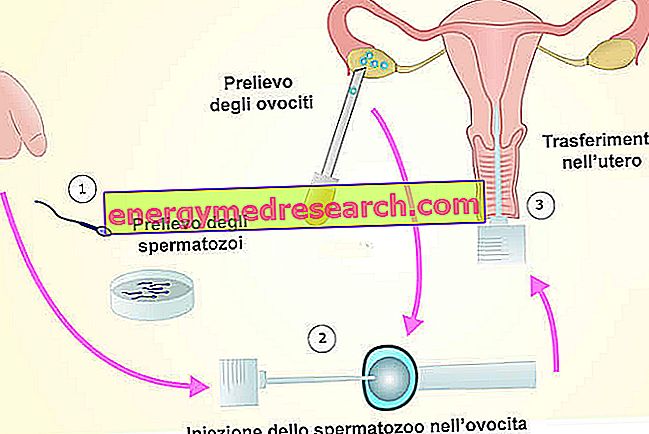Related articles: Duodenite
Definition
Duodenitis is an inflammation of the duodenum (initial tract of the small intestine).
This inflammatory process is favored by the excessive acidity of gastric juices (hyperchlorhydria) and by all the other factors that lead to the formation of gastritis and duodenal peptic ulcer, such as the presence of Helicobacter pylori .
The breakdown of the balance between aggressive and protective factors of the intestinal mucosa can also be induced by the use of certain drugs (as happens, for example, in NSAID duodenitis).
Other predisposing factors are emotional tensions and incorrect lifestyle, which consists of bad eating habits and the abuse of alcohol and tobacco. Chronic duodenitis can be seen in celiac disease, Crohn's disease and some parasitic diseases, such as giardiasis caused by the protozoan Giardia lamblia .

Most common symptoms and signs *
- Alve alterations
- Anorexia
- Heartburn
- Bad digestion
- Pain in the upper part of the abdomen
- Gastrointestinal hemorrhage
- Abdominal swelling
- Nausea
- Weight loss
- Heaviness in the stomach
Further indications
Duodenitis is an acute or chronic inflammatory disease, manifested by a sense of swelling and pain in the upper part of the abdomen, difficulty in digesting and nausea.
Inflammation of the duodenum may be associated with burning in the stomach a short distance from meals, vomiting, diarrhea and / or constipation, anorexia and generalized malaise. In some cases, the inflammatory process can cause erosions and bleeding of the small intestine wall.
The diagnosis may require a gastroduodenal endoscopy with biopsy, which allows the mucosa of the intestine to be examined directly and the lesion to be assessed, as well as excluding the presence of peptic ulcers.
The treatment depends on the cause that causes the inflammation and can make use of antacids that neutralize hypercloridria and spasmolytic drugs that decrease the spastic contraction of the duodenal wall, which often accompanies duodenitis. If an infection with Helicobacter pylori is found, instead, an antibiotic therapy is indicated.
The management of duodenitis also makes use of a diet without irritants such as alcohol, coffee and spicy foods.


